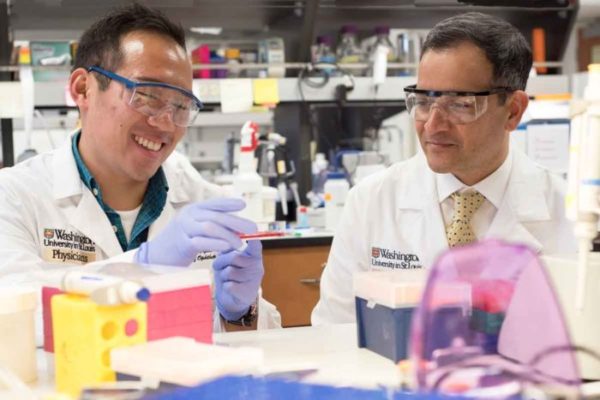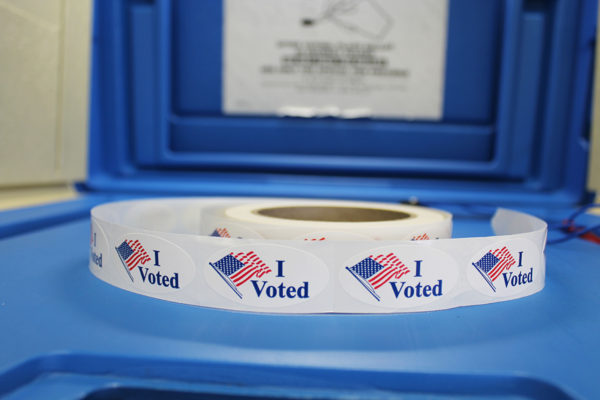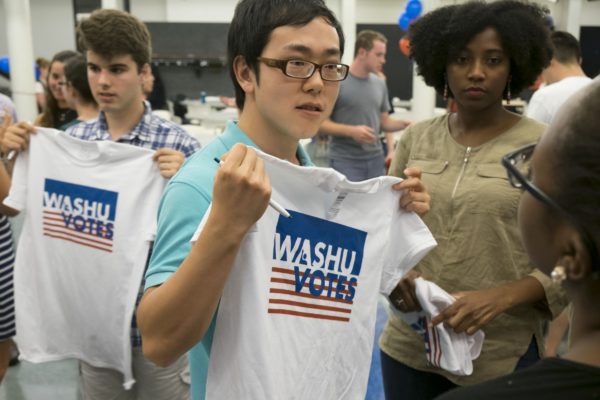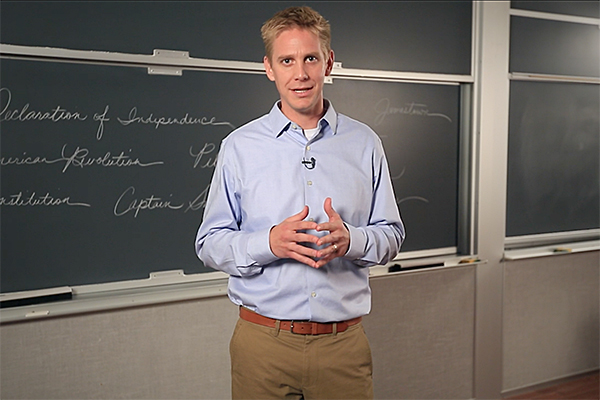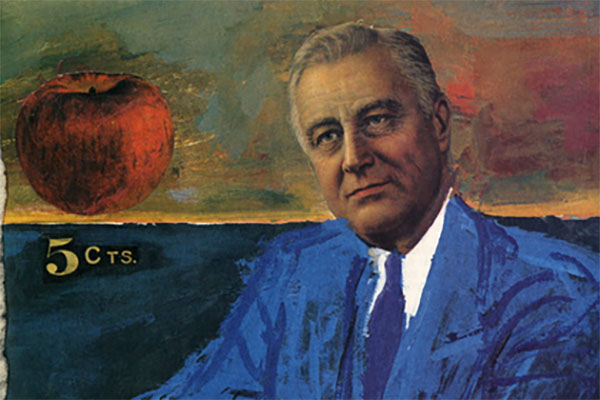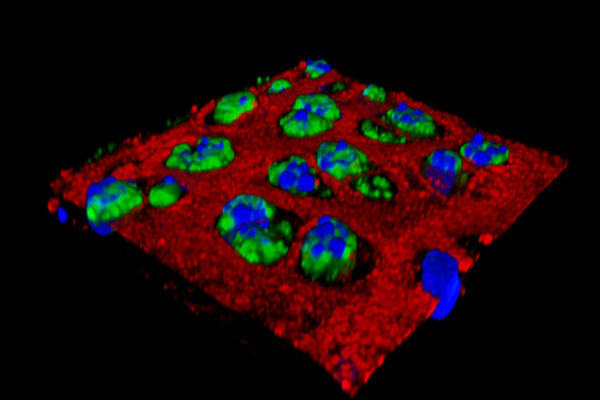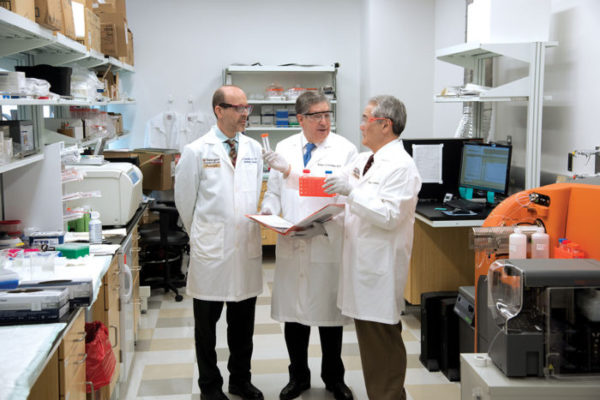Employees invited to support United Way through community service
For years, Washington University in St. Louis faculty and staff have supported the United Way through their generous financial support. Now, they may also give their time. Washington University Human Resources and WashU Engage have joined together to help employees find volunteer opportunities in the St. Louis community. As an incentive, the university will provide up to a half day for employees to volunteer.
Culprit identified as a major cause of vision loss
Researchers at Washington University School of Medicine in St. Louis have identified a pathway involved in harming rods and cones in the retina and have found a way to halt that damage.
WashU Expert: Losing hurts in partisan politics
As the November presidential election approaches, an expert at Washington University in St. Louis says to expect a bit of emotional angst, no matter who wins or loses.
A Q&A with Bill T. Jones
World-renowned choreographer Bill T. Jones will receive Washington University’s 2016-17 International Humanities Prize Sept. 29. In this Q&A, Joanna Dee Das, assistant professor of dance, talks with Jones about his career, his choreographic process and his latest works.
Registered and ready — Washington University students are engaged voters
Some 2,065 Washington University in St. Louis students have registered using TurboVote. And thousands more have registered online or in their home state. The Gephardt Institute for Civic and Community Engagement is working to boost the campus registration rate to 80 percent and the registered voter participation rate to 65 percent.
Video: Where and when does America begin?
In 1630, John Winthrop, governor of the Massachusetts Bay Colony, proclaimed to fellow Puritan settlers that “we shall be as a city upon a hill.” In this video, Abram Van Engen examines the surprising history of Winthrop’s striking image and its subsequent adoption by presidents John F. Kennedy, Ronald Reagan and Barack Obama.
When lava erupted in the Midwest
A billion years ago, the core of what was to become North America nearly ripped apart, creating a huge branched scar that extends from the tip of Lake Superior deep into the Midwest. Washington University in St. Louis scientists are using data from seismometers they placed across and along the rift to take a good hard look.
Political illustrations of the past
Thousands of photographers, videographers and writers will descend on Washington University in St. Louis Oct. 9 to cover the presidential debate. But in mid-20th-century America, another sort of journalist was part of the media mix — the illustrator. The Douglas B. Dowd Modern Graphic History Library features hundreds of images of politicians, the electoral process and American voters.
Nanoparticle injections may be future of osteoarthritis treatment
Researchers at Washington University School of Medicine in St. Louis have shown in mice that they can inject nanoparticles into an injured joint suffering from osteoarthritis and suppress inflammation immediately following an injury, reducing the destruction of cartilage.
$10 million gift creates Bursky Center for Human Immunology and Immunotherapy
Washington University School of Medicine in St. Louis has received a $10 million gift to support research that harnesses the immune system to fight cancer, infectious diseases, and disorders caused by autoimmunity and immune deficiencies. The gift from Andrew M. and Jane M. Bursky will advance cutting-edge work at the newly named Andrew M. and Jane M. Bursky Center for Human Immunology and Immunotherapy Programs.
View More Stories

